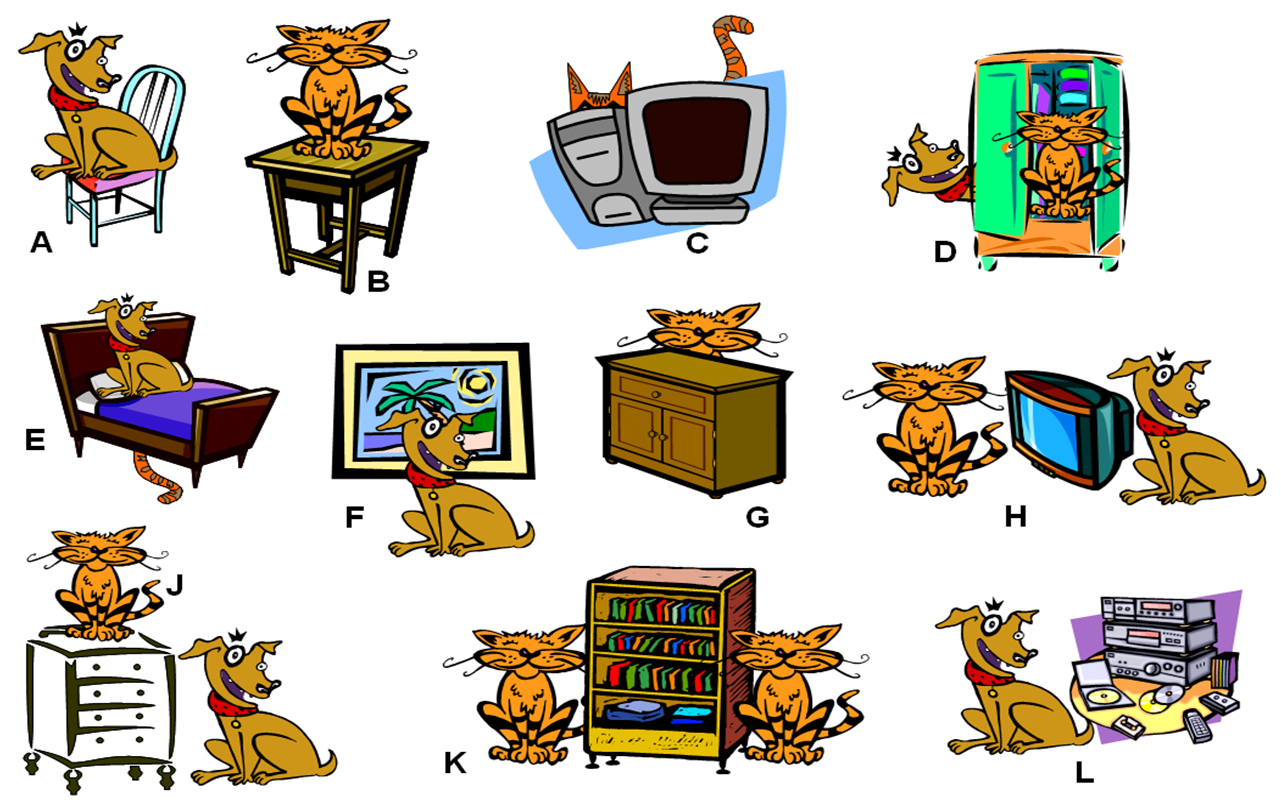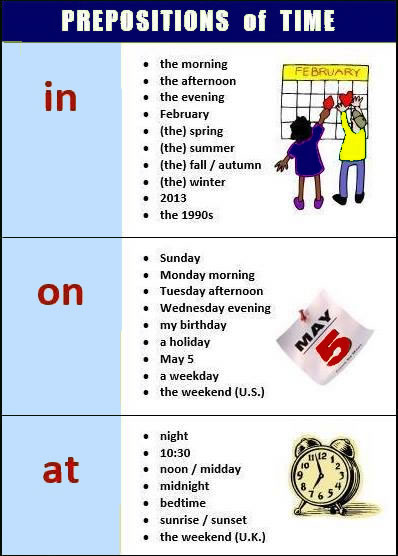Dear students,
Here is an easy dialogue. Please read it and do exercises. Before you start reading and answer the questions, read the words below. You are on your own here. You have to read and understand everything.
Irena

Nouns Verbs OtherHere is an easy dialogue. Please read it and do exercises. Before you start reading and answer the questions, read the words below. You are on your own here. You have to read and understand everything.
Irena

time starve it is=it's
lunch go I am=I'm
pound have you are=you're
shake like what
thanks want where
luck lose why
coffee get too
hamburger well
Mc Donald's with
calorie but
diet chocolate
French fries certainly
Big Mac a lot of
Explanation of some new words:
pound - lb. "I need to buy 5 pounds of potatoes".
a shake is a drink with milk, ice cream and flavor. To make a shake you blend or shake everything together. Example, "strawberry shake".
"to starve" has a literal meaning "to die of hanger". Example, "I'm starving". It usually means "I'm very hungry".
"me too" is a short way of saying "Iam too"or "I do too".
"French fries" - - plural, we have to say "they"
"getting" here means "eating" or "ordering"
"certainly" is the same as "sure", it's a positive answer.
Now, please, read the dialog very carefully"
Maria and Pedro are computer programmers. They work for the telephone company and are very good friends. They often eat lunsh together. Maria is going on a diet. She loves French fries, but she can't eat them because of her diet.
Pedro: What time is it?
Maria: It's twelve o'clock
Pedro: I'm starving!
Maria: Me too.
Pedro: I'm going to lunch.
Maria: Where are you going?
Pedro: To Mc Donald's
Maria: Good. I'm going with you.
Pedro: What are you having for lunch?
Maria: A hamburger and coffee.
Pedro: With French fries?
Maria: No French fries for me.
Pedro: Why not? You like French fries.
Maria: Yes, but they have a lot of calories.
Pedro: Are you on a diet?
Maria: Yes, I want to lose 20 pounds.
Pedro: Good luck!
Maria: Thanks. What are you getting?
Pedro: A Big Mac, French fries and a chocolate shake.
Maria: Well, you're certainly noton a diet.
After you read and understand everything, please do these exercises.
TRUE or FALSE. Write T or F.
____ 1. Maria and Pedro are going to Burger King to eat.
____ 2. Maria and Pedcro are going to dinner.
____ 3. They're very hungry.
____ 4. Maria doesn't like French fries.
____ 5. Maria gets a chocolate shake.
____ 6. Pedro is on a diet.
____ 7. Maria wants to lose weight.
____ 8. French fries have many calories.
FILL IN THE BLANKS. Complete the sentences with one of the following words or phrases.
hamburger eat lose good luck diet chocolate shake
1. We _____________ lunch at 12:30.
2. Gloria is drinking a ________________.
3. Jack weights 230 pounds. He's on a ____________.
4. He wants to ______________ weight.
5. I buy a lottery ticket every day, but I never have ___________.
6. Bob is cooking a __________________.
starving a lot of Big Mac getting calories going to
7. A chocolate shake has many ____________.
8. Carmen and Bill are _____________ Mc Donald's for lunch.
9. Betty is _____________ French fries.
10. Ray is having a ______________.
11. Susan wants to eat now. She is ______________.
12. A thousand dollar is _______________ money.




